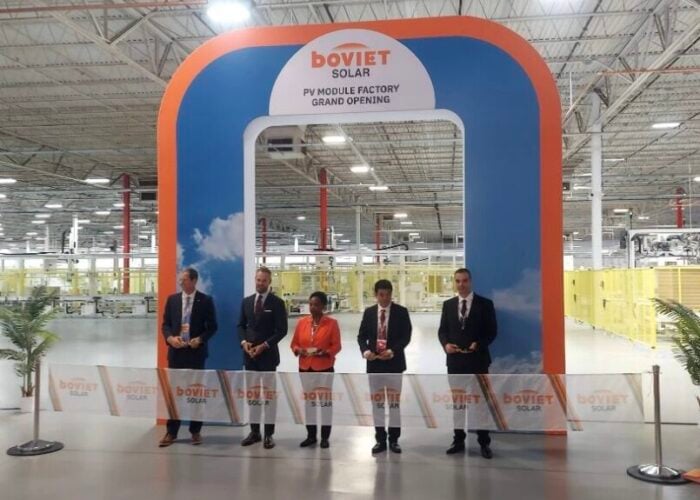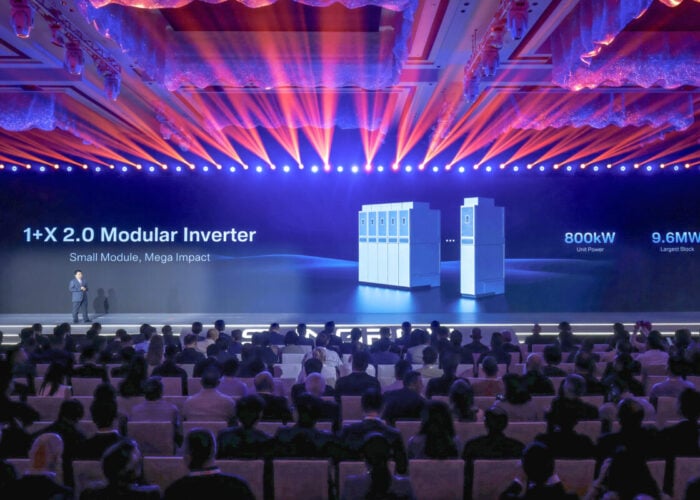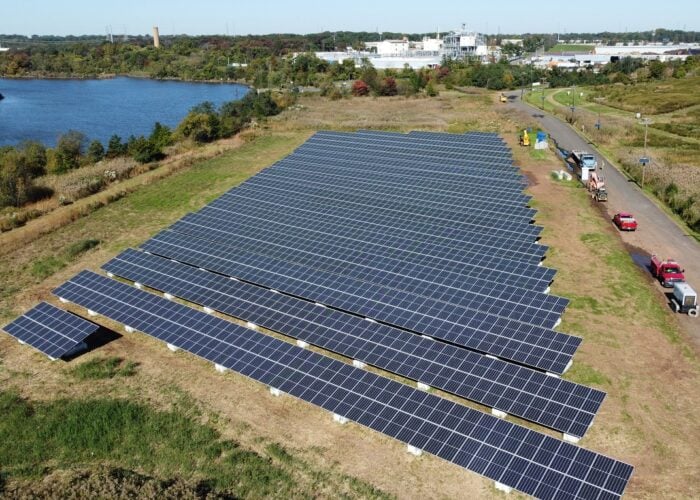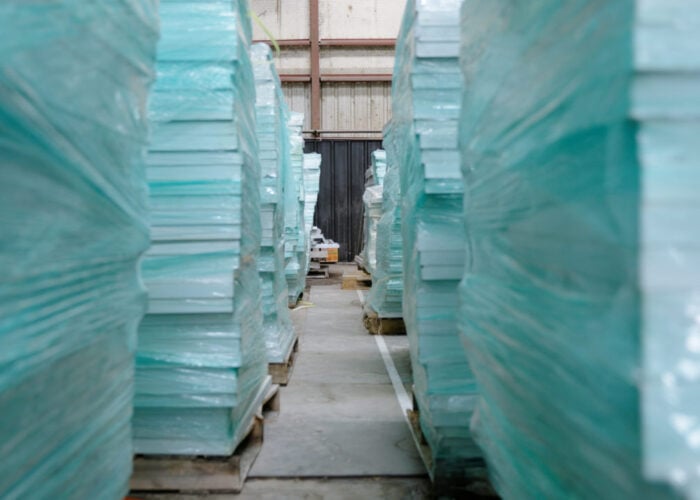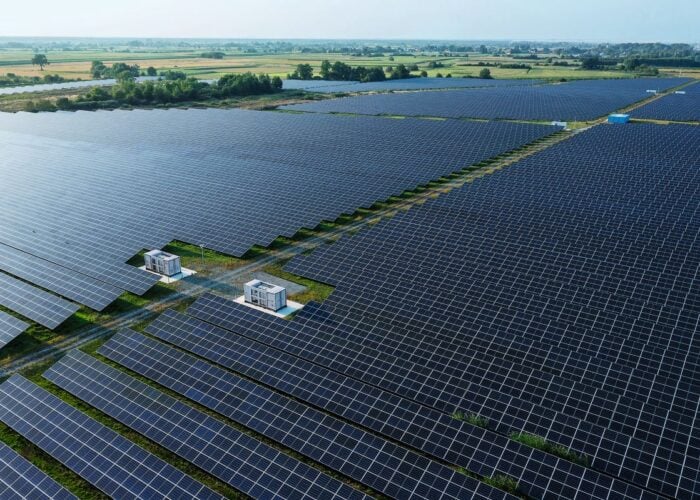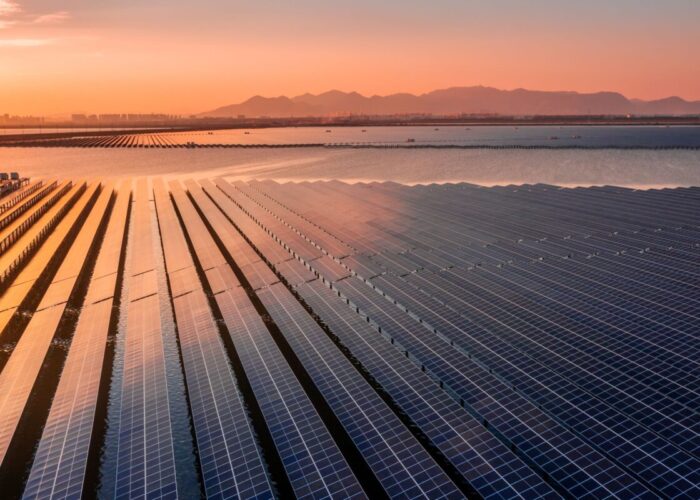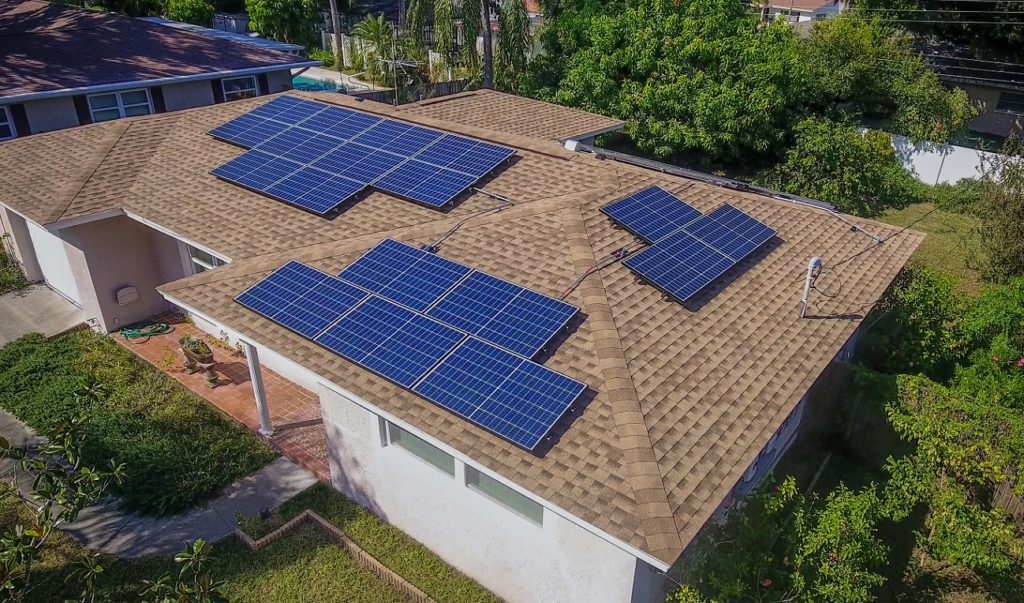
Citizens of Florida and Puerto Rico will be able to access emergency US federal funding to purchase residential battery energy storage systems (BESS) to mitigate the effects of natural disasters, following a bipartisan bill introduced yesterday by two congresspeople.
The Energy Storage for Resilient Homes Act, announced by Democrat Florida congressman Maxwell Alejandro Frost and Republican Puerto Rico congresswoman Jenniffer González-Colón, would allow residents of the two states to use funding from the Federal Emergency Management Agency (FEMA) to purchase residential BESS.
Unlock unlimited access for 12 whole months of distinctive global analysis
Photovoltaics International is now included.
- Regular insight and analysis of the industry’s biggest developments
- In-depth interviews with the industry’s leading figures
- Unlimited digital access to the PV Tech Power journal catalogue
- Unlimited digital access to the Photovoltaics International journal catalogue
- Access to more than 1,000 technical papers
- Discounts on Solar Media’s portfolio of events, in-person and virtual
Or continue reading this article for free
FEMA is an agency of the Department of Homeland Security established in 1979 to provide relief in emergency situations.
Both Florida and Puerto Rico are subject to frequent extreme weather events and storms, which can cause power outages and grid issues. The Department of Energy (DOE)recently announced two separate investments in the Puerto Rican PV sector to expand its capacity and support the territory’s grid stability. The larger US$864 million investment will support utility-scale solar PV and BESS projects, and the smaller US$200 million investment will support the development of residential solar and storage capacity.
The Energy Storage for Resilient Homes Act has been endorsed by various Floridian community organisations.
Maxwell Frost said: “Sometimes the most dangerous part of a hurricane isn’t the storm itself, but what happens when that storm hits: people’s homes lose power, which means that air conditioners stop working, fridges stop cooling, necessary medical equipment stop running, and food and medicine go bad.
“It’s time for FEMA to help cover the costs so that every household in need can better prepare for the next tropical storm and keep their homes safe and running.”
Sunrun VPP powers California during heatwave
On the same day as the Florida bill was announced, US residential PV and BESS company Sunrun claimed that its systems helped to support the Californian grid during last week’s heatwave.
Its virtual power plant (VPP) – known as CalReady – saw over 16,000 residential batteries from solar-plus-storage installations dispatch power to the grid during peak usage hours from the 9th – 12th July. The VPP dispatched an average of 48MW per night to the grid, peaking at 51MW.
Sunrun said CalReady is the largest single-owner VPP in the state’s Demand Side Grid Support Program. It is positioned to be active between 4pm-9pm through October, when California sees the greatest electricity demand and its grid is most susceptible to outages.
Sunrun CEO Mary Powell said: “We are so grateful that we can not only provide customers with a greater sense of energy independence, resilience, and affordability but that those same systems can support our communities to make California’s grid more reliable—especially as scorching heat puts extra stress on the grid this summer. By sharing their stored solar energy, Sunrun customers are boosting energy supplies, reducing energy costs for all Californians and preventing rolling blackouts.”
California is the largest residential solar market in the US, which had previously been driven by the favourable net energy metering (NEM) scheme. The changes to NEM last year made solar less attractive by reducing the payments to customers for excess energy exported to the grid, in favour of incentivising residential energy storage systems.
In terms of its systems providing resilience to customer energy supply, Sunrun said it was a similar story regarding Hurricane Beryl which hit Texas earlier this month, and the hurricane’s aftermath. Customers with solar and battery storage were able to keep lights on during the events which caused power outages for hundreds of thousands of people in the state, while some Sunrun customers were even able to extend their places of relative comfort and shelter to friends and neighbours.

